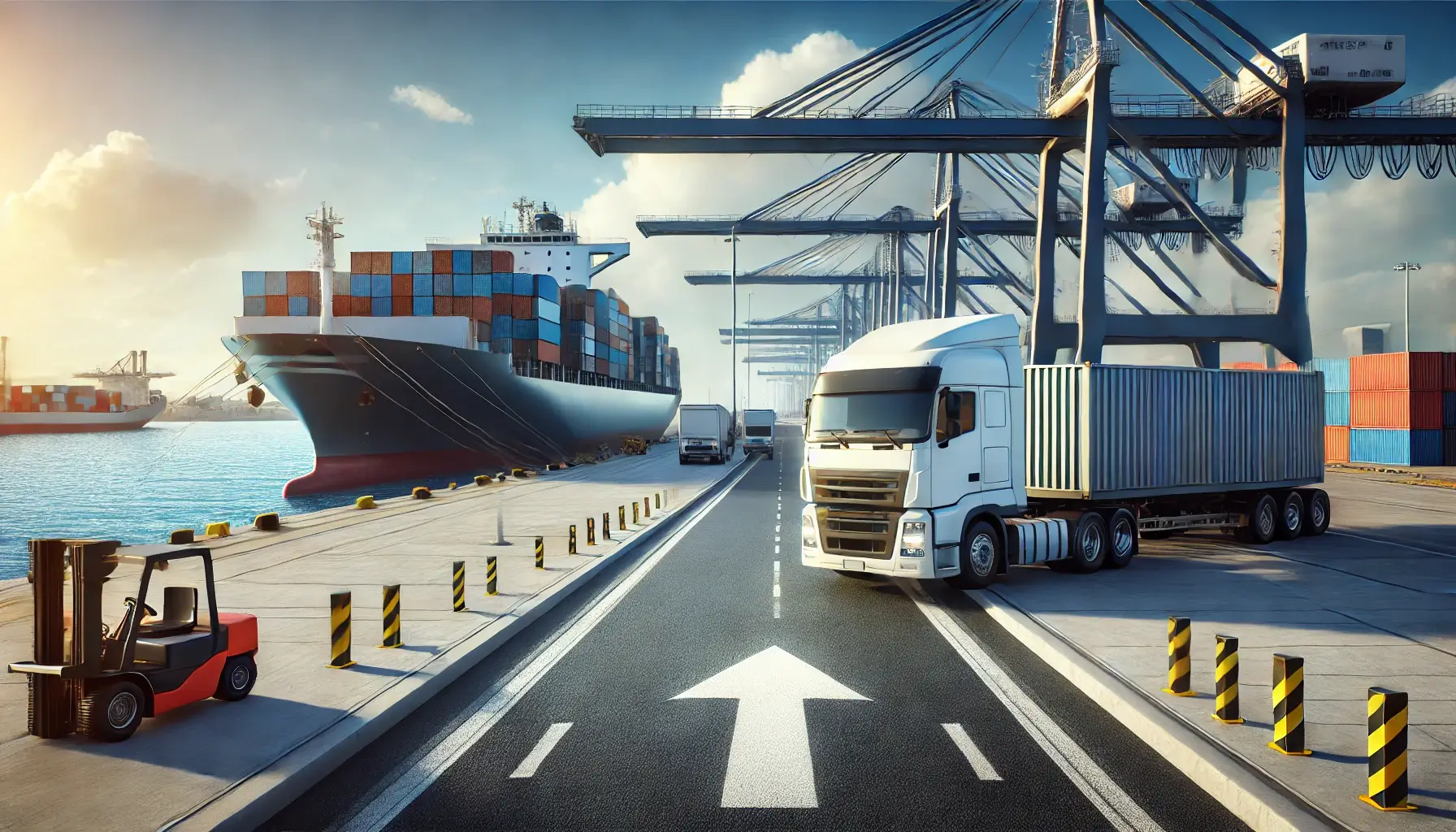What Are Cabotage Freight Transportations?


What Are Cabotage Freight Transportations?
Transporting goods from one city to another with minimal time and cost requires significant effort and coordination. In international transportation, it is also necessary to consider the laws of the countries through which the goods are being transported. In this case, both the carrier's own transport and third-party transport belonging to the country of transit can be used.
What Is Cabotage Freight Transportation?
Building a logistics chain is a complex and lengthy process. In international transport, there may be situations where certain aspects of the logistics chain (such as the route) conflict with local laws. In such cases, it may be necessary to use the transport of the country through which the goods are moving.
However, this is often not cost-effective, so carriers prefer to use their own transport. Cabotage transportation refers to the delivery of goods throughout the entire route using the carrier's own vehicles.
With cabotage transport, the carrier company does not pay local taxes or hire local workers. Additionally, if the delivery is carried out using a single mode of transport (e.g., by truck), there are no additional costs for loading, unloading, and intermediate storage.
Types of Cabotage Freight Transport
Cabotage transport can be carried out using:
- Maritime transport
- Road transport
- Rail transport
- Air transport
- Multimodal transport, which combines several modes of transportation.
Cabotage Transport by Sea
Originally, the term cabotage was used for shipments between ports within a single country. Even today, water-based cabotage remains one of the simplest and most hassle-free transport methods.
Is Cabotage Transport Possible by Road and Other Means?
Yes, but there are challenges. Air transport is the most problematic, as many countries restrict foreign carriers from operating within their airspace for security reasons. Road transport can also face restrictions—for example, Germany limits foreign trucking operations by a single company to three trips per week.

